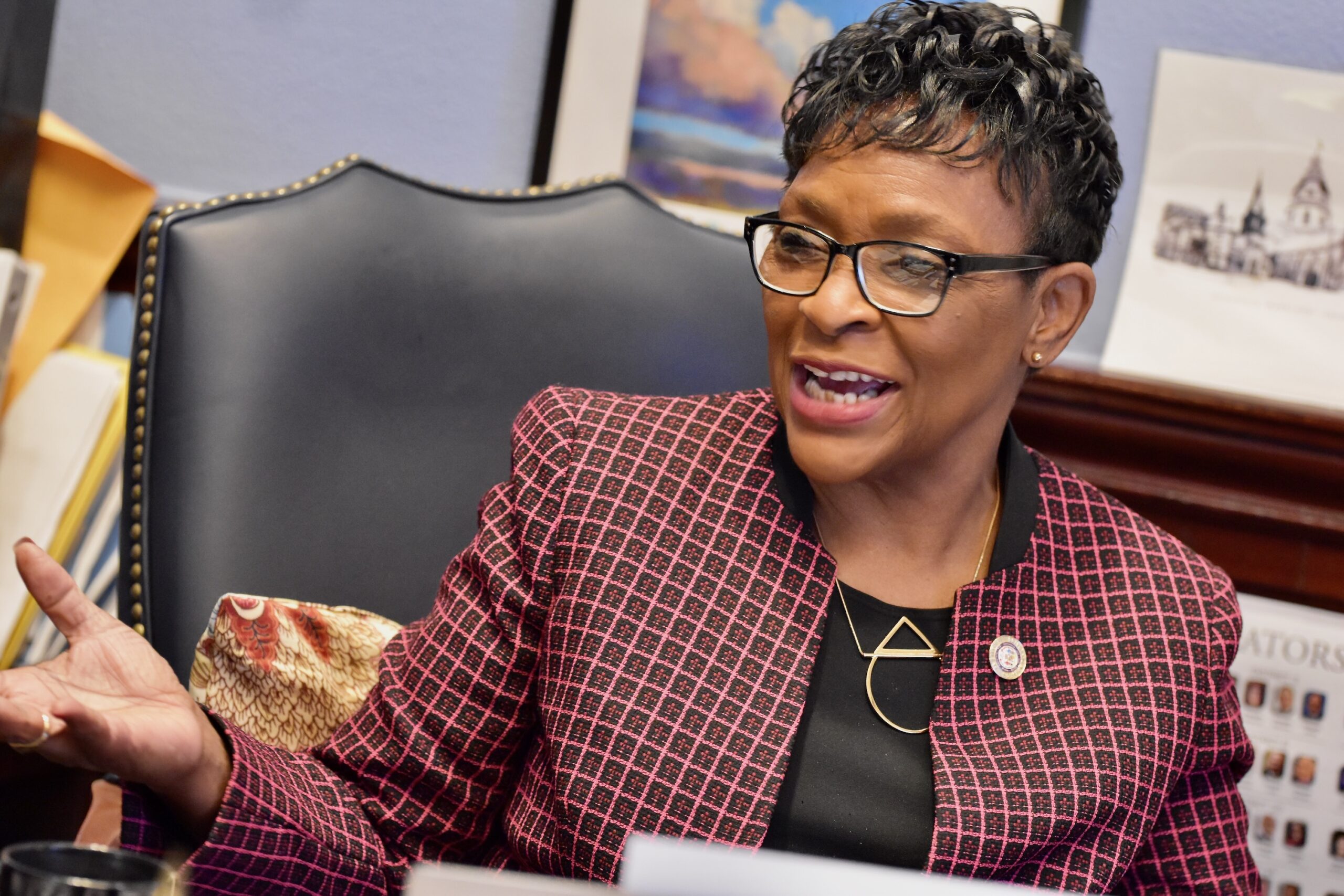“I am proud of my service in the U.S. Army, I am proud of the soldiers I served with in combat, and I love my country. I’m never going to back away from that. The military taught me to put the safety of others over my own, leave no one behind, and live “Mission First, People Always.” These are the values that drive my work as governor – and that will not change.
Most importantly, the military showed me the importance of living with integrity, discipline, and transparency in all things – and that’s the standard I hold myself to every day. I’ve been open and honest about my military service for my entire career, and I am deeply proud of it. But it seems I must, once again, set the record straight, as people hunt for new ways to undermine my service to our country in uniform.
These are the facts. While serving overseas with the Army, I was encouraged to fill out an application for the White House Fellowship by my deputy brigade commander. In fact, he helped me edit it before I sent it in. At the time, he had recommended me for the Bronze Star. He told me to include the Bronze Star award on my application after confirming with two other senior-level officers that they had also signed off on the commendation.
In my Officer Evaluation Report, I was listed as a top 1% officer in Operation Enduring Freedom and described by my official evaluator as “the best lieutenant I’ve encountered during Operation Enduring Freedom.” My deputy brigade commander felt comfortable with instructing me to include the award on my application for the Fellowship because he received confirmation with the approval authority that the Bronze Star was signed and approved by his senior leadership. In the military, there is an understanding that if a senior officer tells you that an action is approved, you can trust that as a fact. That is why it was part of the application, plain and simple.
Towards the end of my deployment, I was disappointed to learn that I hadn’t received the Bronze Star. But I was ready to begin the next phase of my life, because the reward for service is never an award – it’s the opportunity to give back to your country. When I returned home, I was focused on helping my fellow veterans, a mission I continue to advance as governor.
Still, I sincerely wish I had gone back to correct the note on my application. It was an honest mistake, and I regret not making that correction. But do not think for a moment that this attack on my record holds any bearing on how I feel about my service, my soldiers, or our country. Getting to serve with an historic unit like the 82nd was one of the greatest honors of my life.
Over the last few weeks, our country has grown used to seeing what it looks like when a veteran’s integrity is attacked for political gain. But those who seek to cast doubt on our records misunderstand something fundamental about true patriots, who have put on the flag of our country and put everything on the line to be called Americans: We don’t get shaken. We put our heads down, and we do the work. And that is what I will continue to do.”
Read supporting documents on Governor Moore’s military record here .











